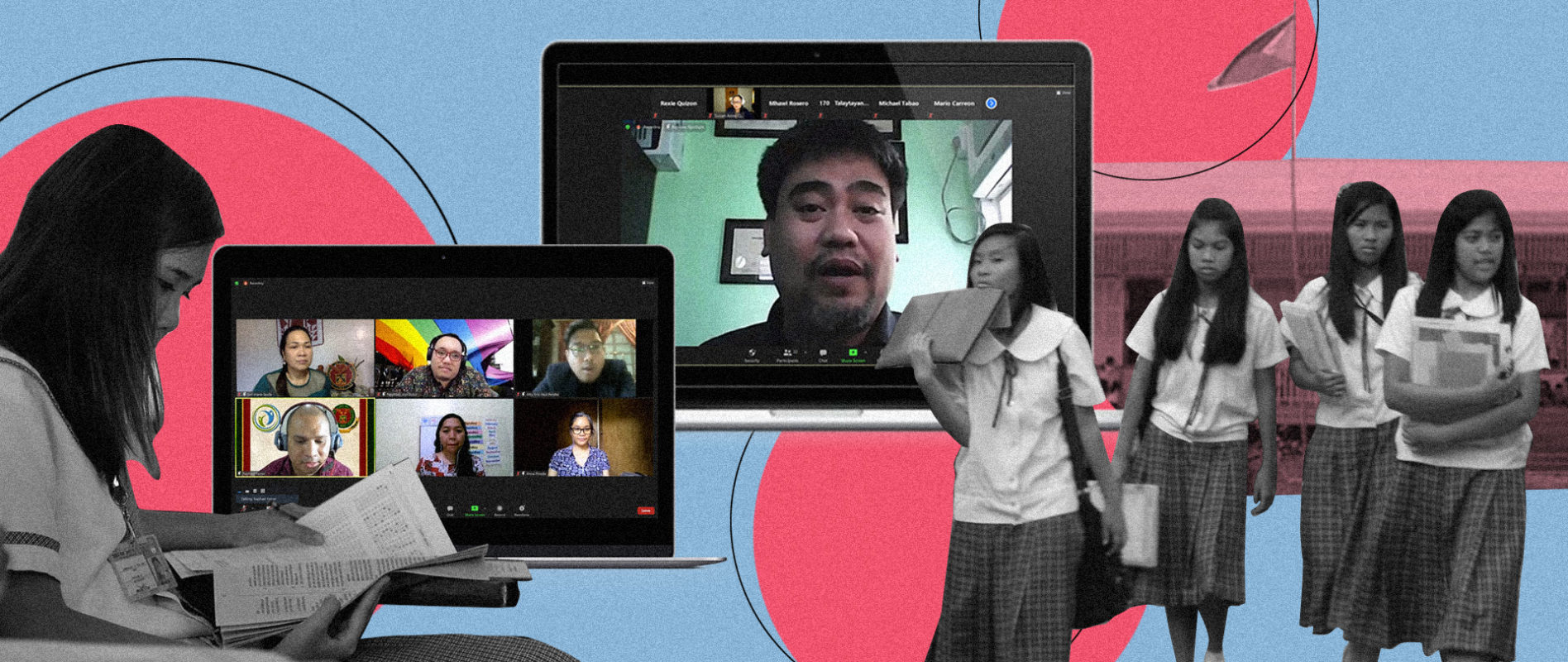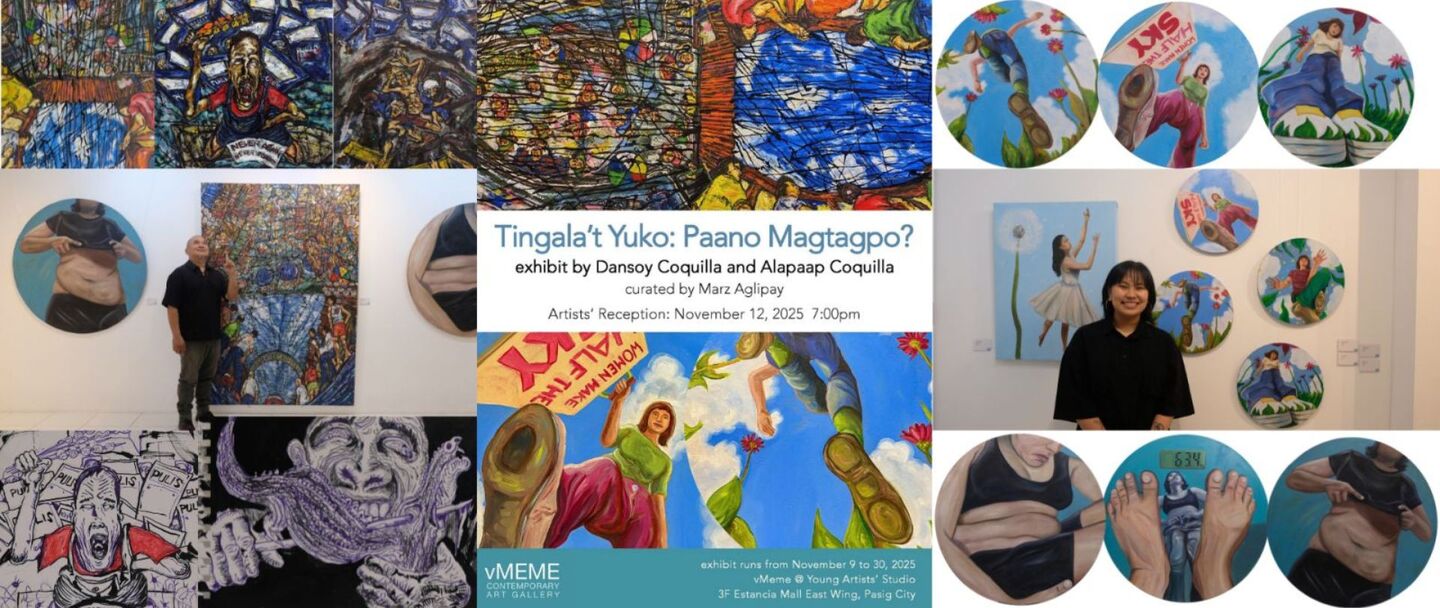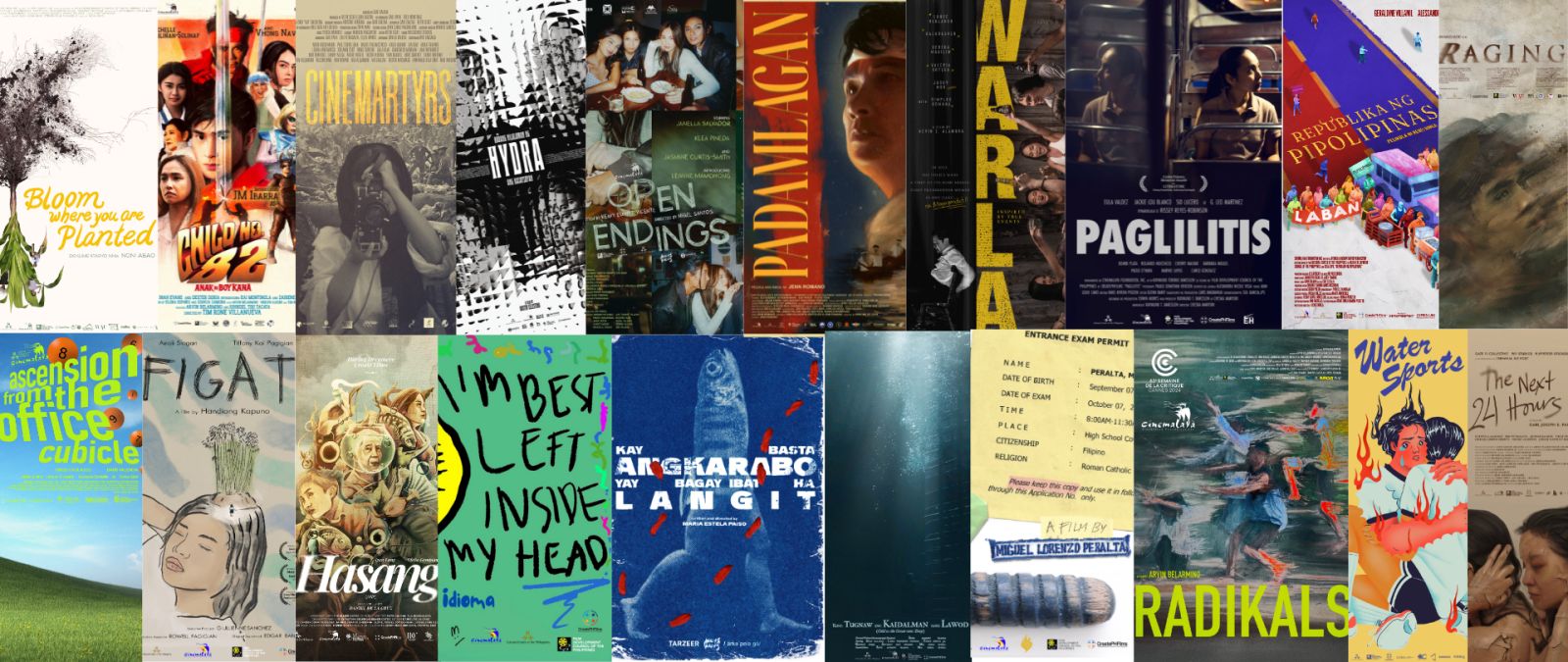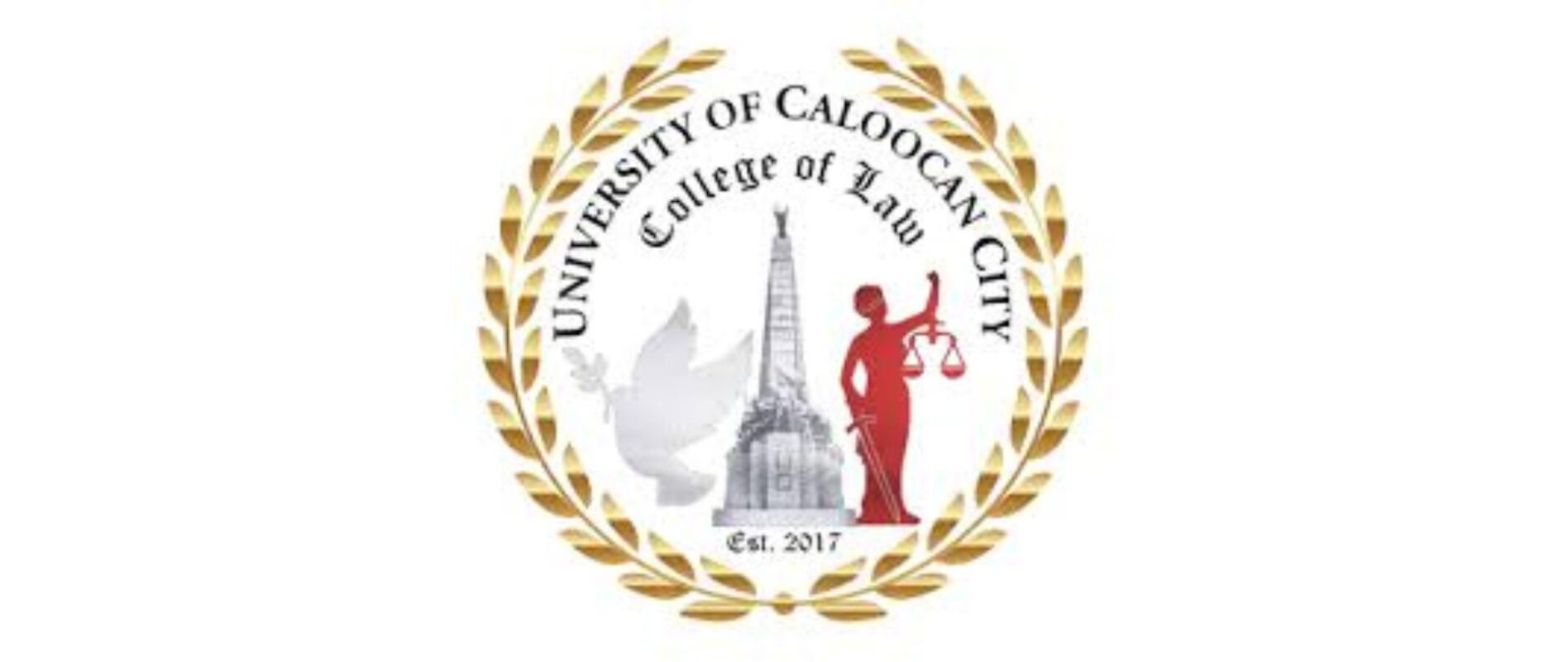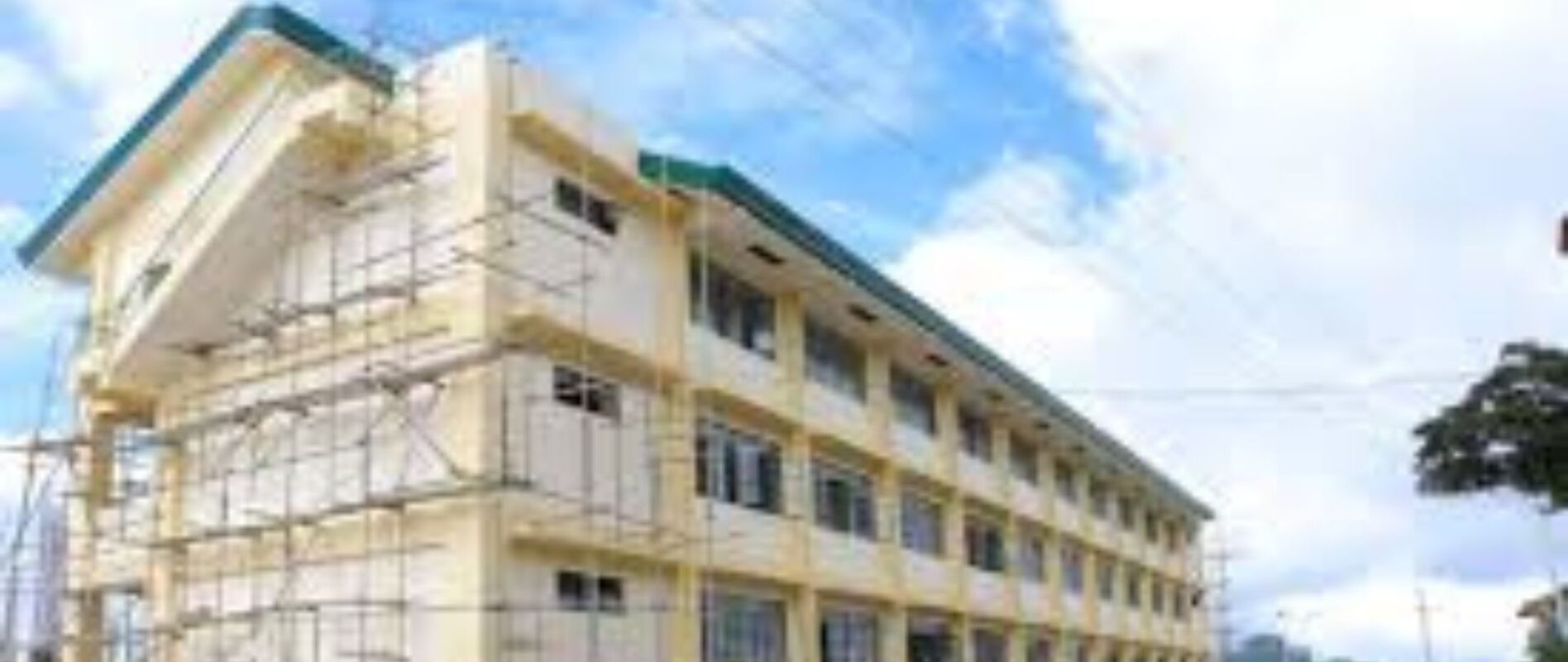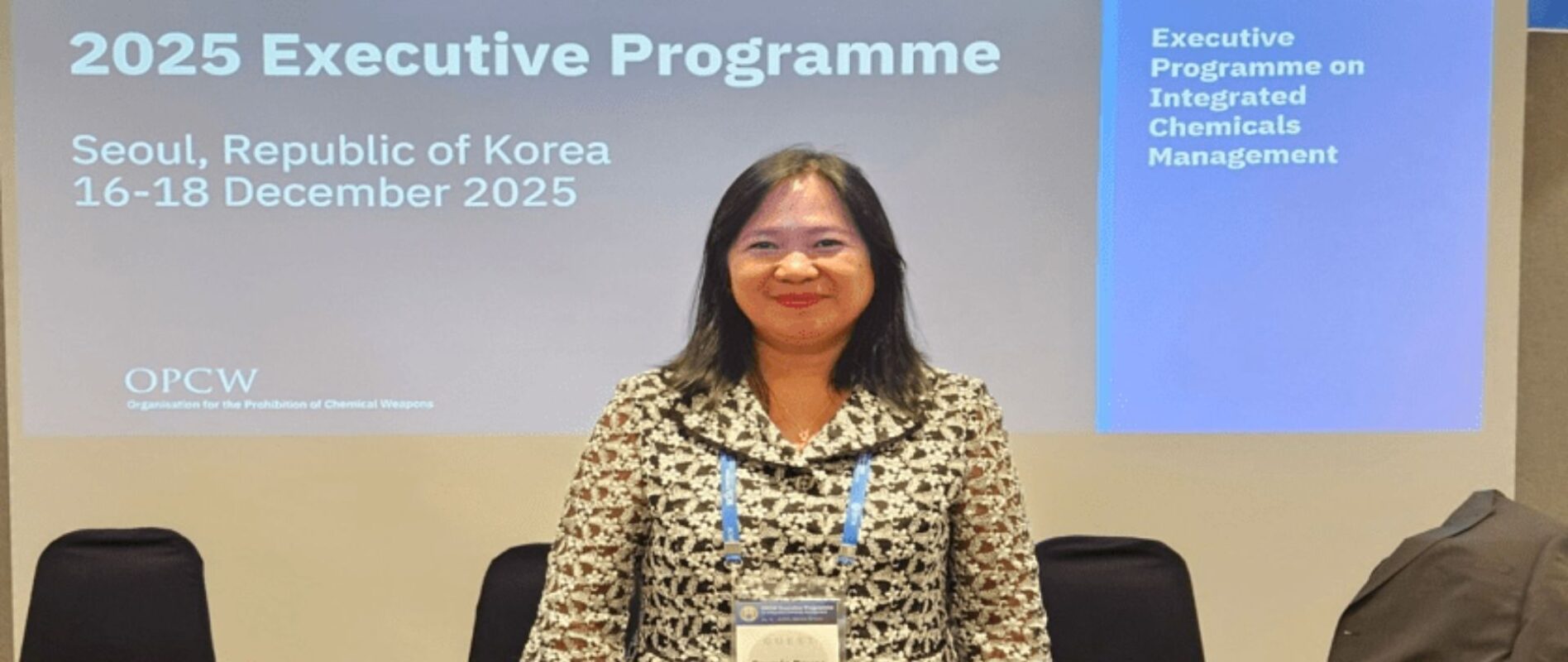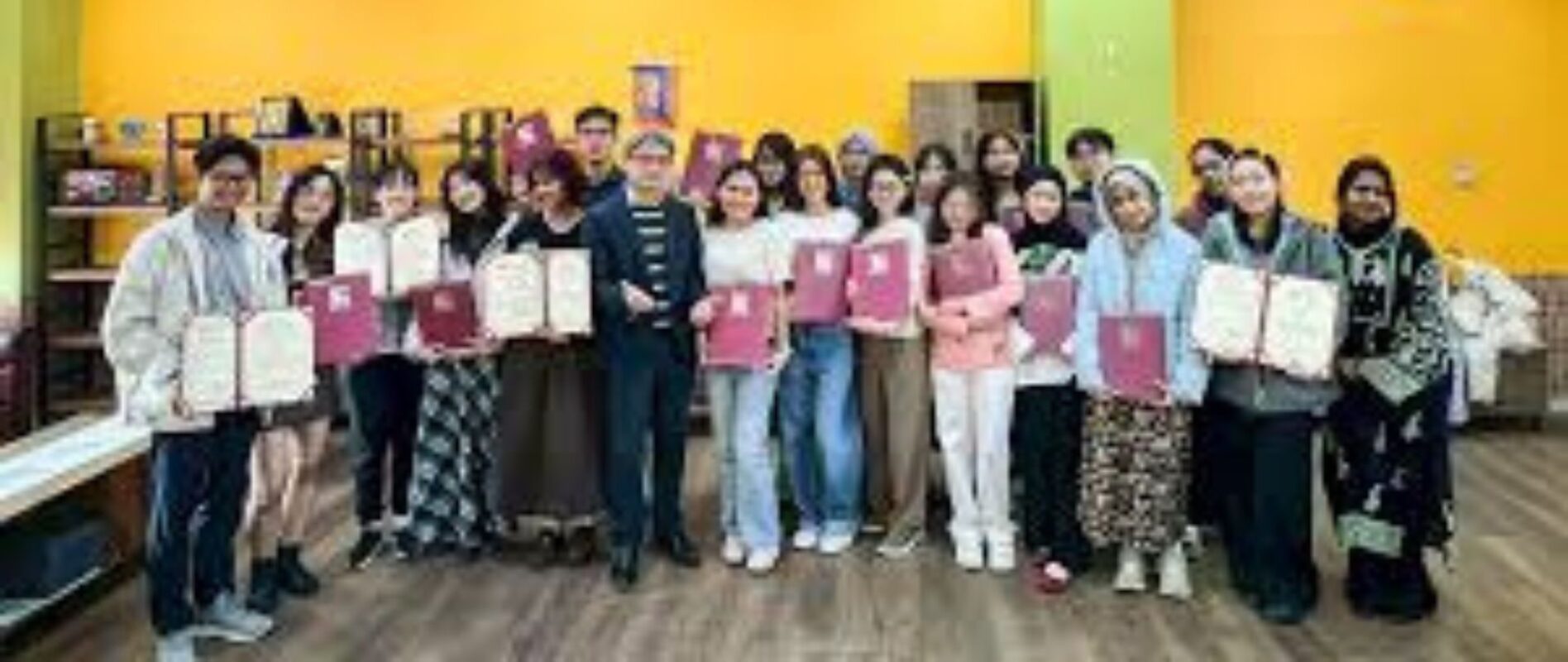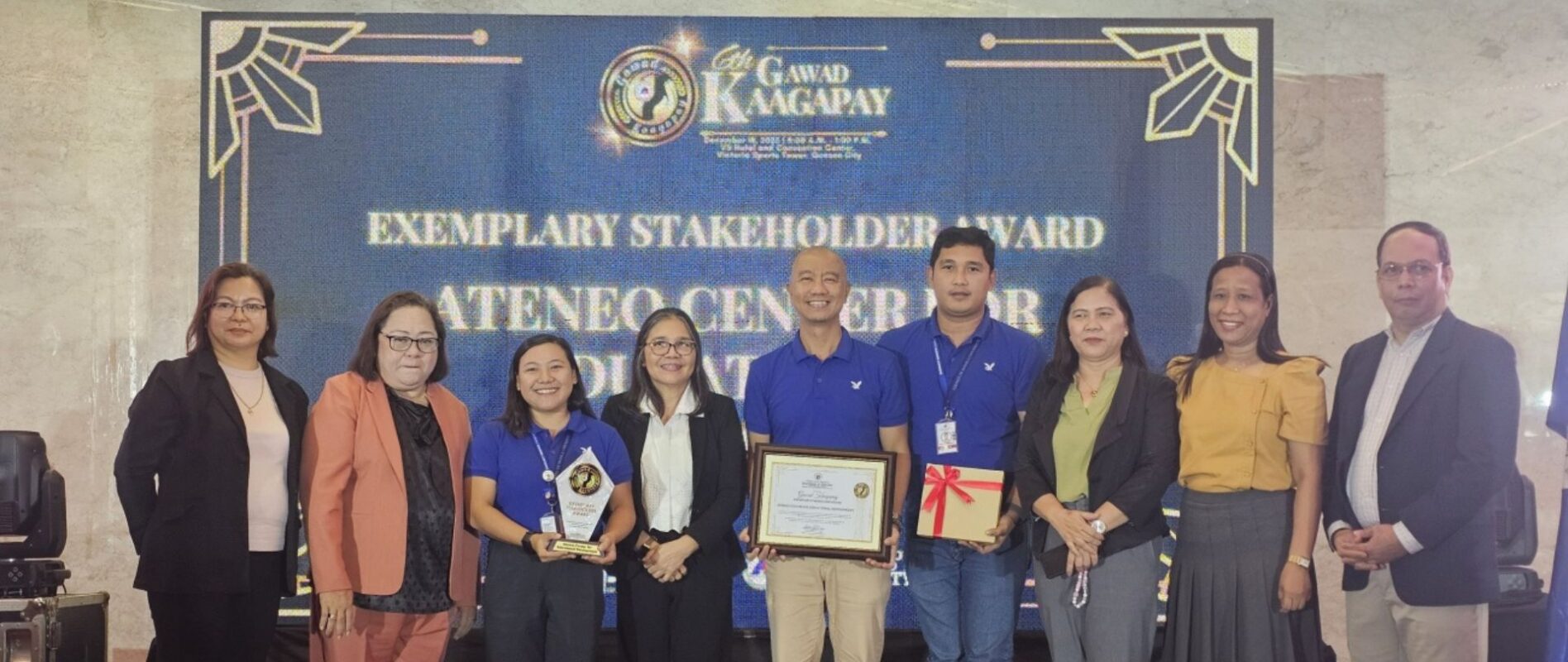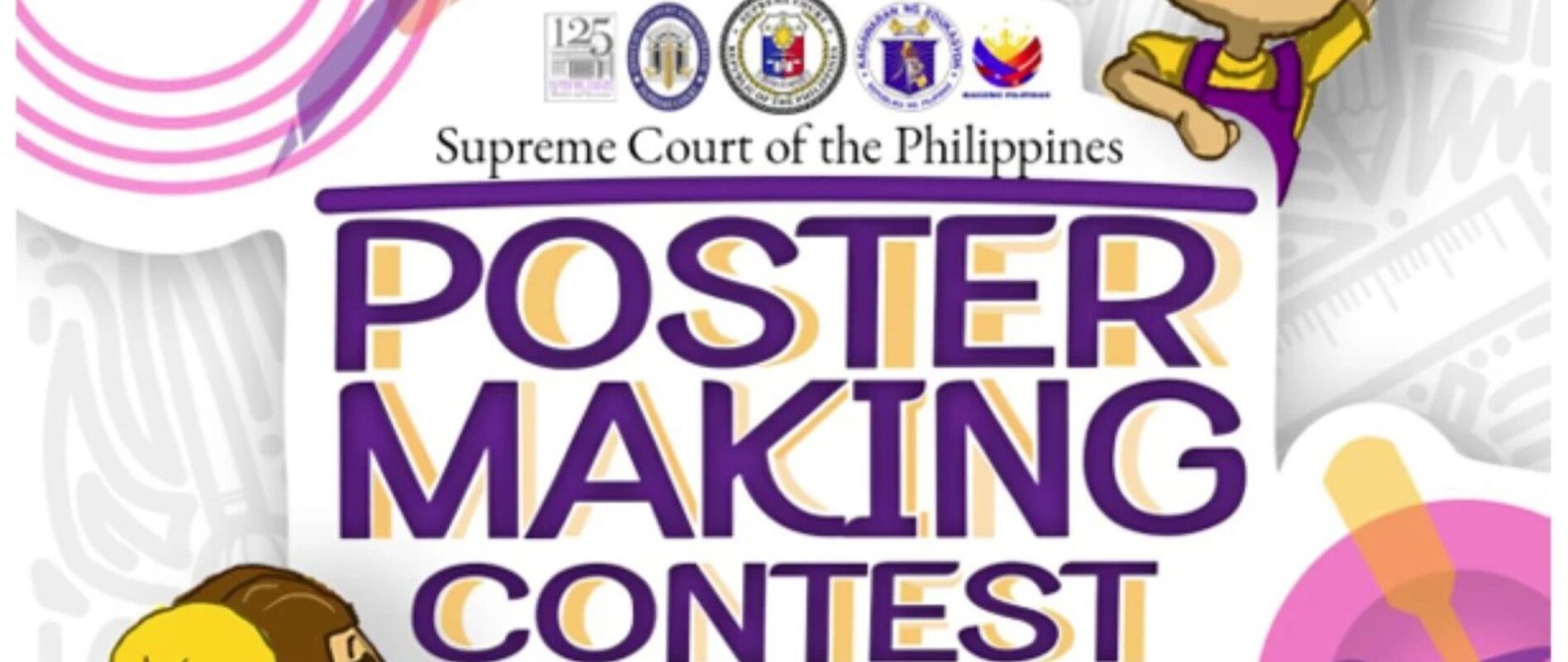WEEK 1 OF THE 2021 INTERNATIONAL MOTHER LANGUAGE CONFERENCE OPENS WITH DIVERSE DISCUSSIONS ON LANGUAGE AND EDUCATION
As the 28-day conference and festival commences, the conversation surrounding language and education's complex relationship solidifies from theory to tangible action.
The 2021 International Mother Language Conference and Festival officially opened on February 21, initiating talks, panel discussions, and engaging conversations surrounding the role of language in basic education. Hosted by 170+ Talaytayan MLE, Inc. and The Philippine Online Student Tambayan, the program is scheduled until March 20, making way for almost a month-long discourse on inclusive language education, especially in the Philippines, with researchers, educators, and practitioners from all across the globe.
Its first week from February 21-27 alone hosted a variety of sessions designed to encourage a deeper understanding on the true essence of Mother Tongue-Based Multilingual Education (MTB-MLE). Which, Dr. Ricardo Nolasco, Head of 170+ Talaytayan MLE, Inc., cited at the Balitaktakan Sa Salamyaan pre-event conference as the “translation” of concepts to a student’s first language by using explanations that are already familiar to them, before adding official terms and vocabulary.
On February 21, the first session of the festival was a plenary discussion on “Literacy in the 21st Century” led by Adreas Schleicher, Director for Education and Skills, OECD. This was followed by a talk on “Teacher and School Leader Quality in the Philippines: Moving Forward” with John Pegg, Professor and Foundation Director of the SiMERR.
Day 2 and 3 were fun days dedicated for all things literature and children, with a 2-day panel discussion titled “Pagsusulat ng Kuwentong Pambata,” hosted by Ateneo de Manila University Assistant Professor Christine Bellen-Ang, University of the Philippines Diliman Professor Eugene Evasco, and China de Vera of Aklat Alamid. The engaging session was followed on both days by SIL-Philippines Library and Archive Manager Manny Tamayao’s workshop on “Making Small Books.”
Day 4 on February 24 was allocated for a rich day-long engagement regarding multilingualism in the Philippines. The first session was on a Cebuano Studies Panel with educators from Cebu Technological University, dissecting a variety of topics from Dialectical Differences in Cebuano, to Feedback and Assessment of MTB-MLE modules, to name a few. Jumping from that session, guests were then introduced to one on “Everyday Multilingualism in the Philippines” with Filipinos from various parts of the country and world heading the discussion.
From a day on multilingualism across the Philippines, a wider scope was then presented to discuss the MTB-MLE program around the world. A morning session invited educators from the University of Colombia, University of Toronto, and SIL International to provide a global outlook on the use of mother language and multilingual developments in a student’s education. The afternoon session was then headed by the Philippine Department of Education to talk about the reality of the Philippine MTB-MLE Experience. The day was then capped off by the University of Fukui’s Pauline Mangulabnan to showcase how language is used in her curriculum as a Math teacher in Japan.
She shared that in Japan, Math teachers are encouraged to familiarize young students with concepts first, before teaching them terms and equation vocabulary. Their lessons are founded on pictures and stories that children can understand from their own experiences, and only when they have fully understood what it means, do they teach them the appropriate words like addition, subtraction, and the like.
On Day 5 of the 28-day conference, we took a deeper approach to “The Four Minima and Other Factors Impacting MTB-MLE Implementation: A Field Report” with Cito Casquete of United Bible Studies, Lot San Diego and Rynj Gonzales of SIL Philippines. To cap off the day’s sessions, Raquel Sison-Buban of the De La Salle University opened the first meeting for “Palihan sa Pagsasalin,” with her own talk, “Paano Nga Ba Ang Magsalin?”
The last day for Week 1 was a full schedule, starting with Author and Journalist Eros Atalia’s 3-hour discussion titled “Kurso Sa Malapitang Pagbabasa Ng Panitikan” where he talked about the concept of “close reading.” Afterwards, a quick session on “Teaching and Reading Literature” was conducted, followed closely by the first session of the “Teacher and Education Quality Studies” multi-pronged panel discussion.
In the afternoon sessions, a series of talk were held until 8PM to discuss under the “Life Span Development, Education, and Pandemic Response Panel.” Several small discussions of note were “Gender in Emergencies” by Eric Paul Peralta and Teri-Marie Laude of UP Los Baños, “The Challenges on Teaching Functional English to New Normal: Virtual Studies” by Cebu Technological University’s Ian Jarabelo, and a showcase on the Scrabble-inspired game by Irvin P. Sto. Tomas of DepEd Camarines Sur designed as an educational tool in promoting mother tongue, to name a few.
These are just a few of the insightful conversations encouraged and initiated at the International Mother Language Conference and Festival on its first week. More sessions will be held in the days and weeks to come, to complete the almost month-long celebrations with even more topics concerning the complex relationship between language and education. Ultimately, the festival aims to spark innovation within the education sector to uplift and improve the quality of education Filipinos receive across the country.
For more information, follow https://www.facebook.com/motherlanguageconference and https://170multilingualphilippines.org/.

